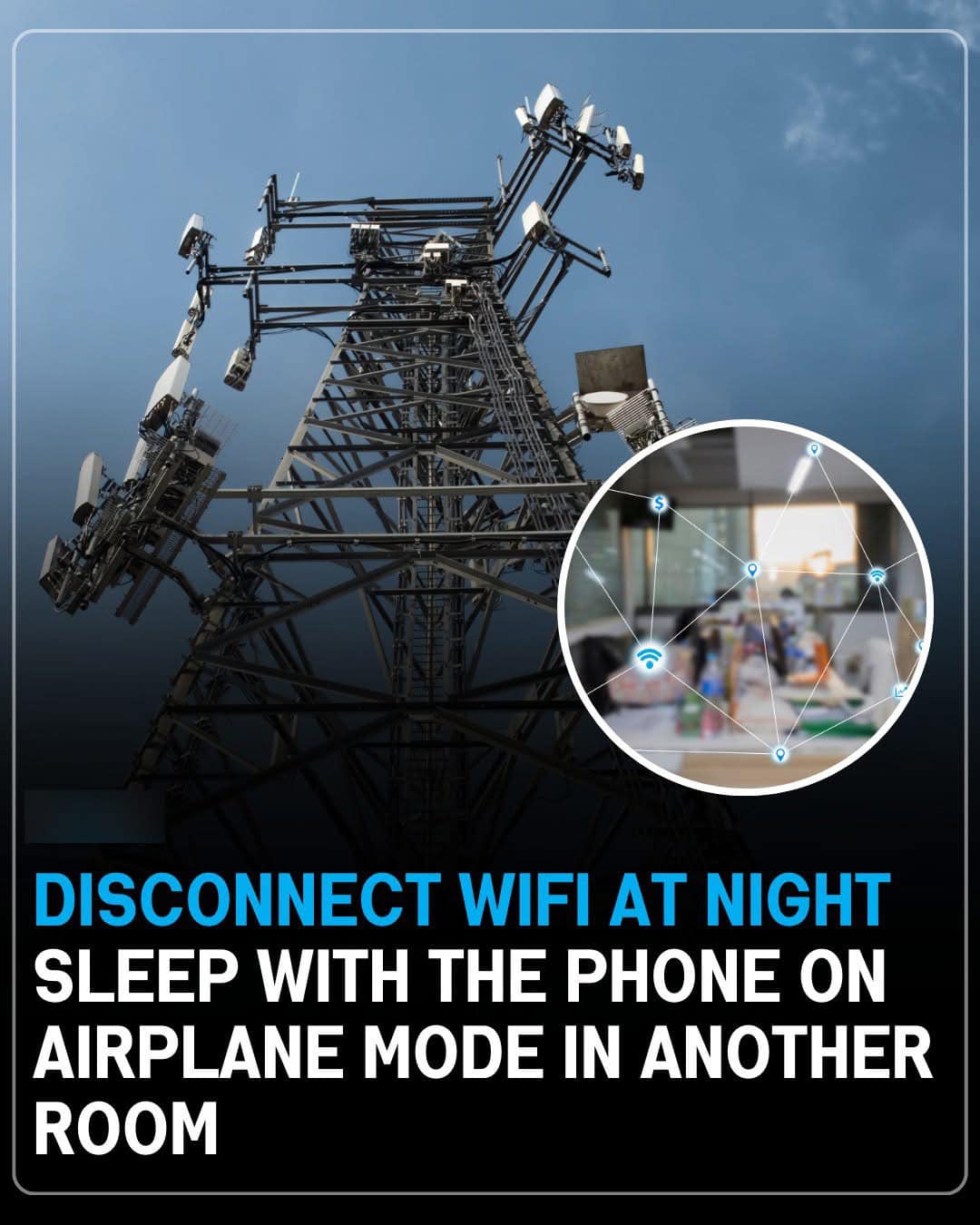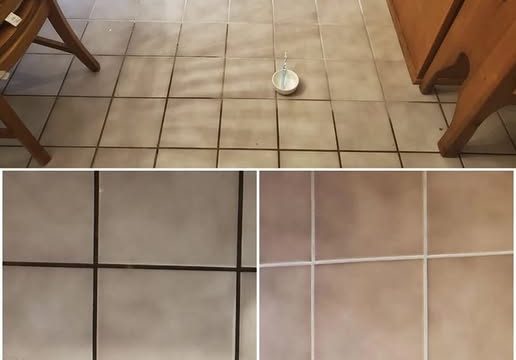In today’s digital world, charging our phones overnight has become second nature. However, this seemingly harmless routine carries risks that could affect both your safety and the longevity of your device. Experts, including major tech companies like Apple, have raised concerns about these dangers, urging consumers to adopt safer charging habits. But what are these risks, and how can you protect yourself?

The Hidden Dangers of Sleeping with Your Smartphone
Keeping your phone near while you sleep may feel convenient, but it can significantly impact your health, sleep quality, and overall well-being.
How Blue Light Disrupts Sleep Patterns
The temptation to check notifications, reply to messages, or scroll through social media late at night can delay sleep and reduce your rest. According to research published in the Journal of Clinical Sleep Medicine, blue light emitted by screens interferes with melatonin production, the hormone that regulates sleep. A decrease in melatonin makes falling asleep harder and can even worsen conditions like insomnia.
Studies indicate that blue light exposure before bed can reduce melatonin production by up to 85%, disrupting your body’s natural sleep cycle and making it difficult to achieve deep, restorative sleep. This disruption leads to grogginess and decreased alertness the following day.
Sleep Interruptions from Notifications
If your phone isn’t silenced, incoming calls, texts, and app notifications can disturb your sleep. Even without waking up fully, the vibrations, sounds, or a bright screen can interfere with sleep cycles, preventing deep sleep. Over time, these disruptions can lead to chronic fatigue and cognitive impairment.
Psychological Effects of Late-Night Phone Use
Using your phone before bed can contribute to stress and anxiety. Reading news updates or engaging in social media debates can trigger emotional responses that make it difficult to relax and drift off to sleep. The fear of missing out (FOMO) can further tempt you to check notifications, leading to restless nights. Research from the University of Gothenburg links heavy smartphone use to increased stress levels and poor sleep quality, particularly among young adults.
Concerns About Electromagnetic Radiation
Although the long-term health effects of electromagnetic fields (EMFs) emitted by smartphones are still debated, some studies suggest potential risks, including links to brain tumors and fertility issues. While more research is needed, reducing direct exposure by keeping your phone out of the bedroom is a simple precaution.
Charging Your Phone Overnight: Apple’s Safety Warnings
Apple and other technology experts have issued warnings about the dangers of overnight charging, citing risks like overheating, battery damage, and fire hazards.
Risks of Overheating
Charging your phone in places where heat cannot dissipate properly—such as under a pillow or blanket—increases the risk of overheating. If heat generated during charging cannot escape, it can damage your phone’s battery and, in extreme cases, even cause fires. A firefighter from Kent Fire Rescue cautioned against using cheap or faulty chargers, as they are prone to overheating and pose serious risks while you sleep.
Battery Degradation from Prolonged Charging
Leaving your phone plugged in overnight can gradually degrade its battery health. While modern smartphones stop charging once they reach 100%, staying plugged in for extended periods can still wear down the battery, reducing its capacity and requiring more frequent charging over time.
Fire Hazards from Low-Quality Chargers
Charging your phone in poorly ventilated areas or using non-certified chargers significantly increases the risk of electrical fires. According to the UK’s Electrical Safety First organization, over half of electrical fires caused by devices are linked to faulty chargers or overheating during overnight charging. Cheap, non-certified chargers fail to meet safety standards and should be avoided.
Apple’s Guidelines for Safer Charging
To help minimize the risks of overnight charging, Apple provides the following safety recommendations:
- Charge in a Well-Ventilated Area: Always place your phone on a hard, flat surface where air can circulate freely. Avoid charging it on soft surfaces, such as beds or under blankets.
- Use Certified Chargers: Stick to Apple-certified or “Made for iPhone” chargers to ensure safety and efficiency. Avoid using knockoff or uncertified chargers that can pose fire hazards.
- Monitor Charging Sessions: Whenever possible, charge your phone while you’re awake so you can keep an eye on it.
- Enable Optimized Battery Charging: iPhones include an “Optimized Battery Charging” feature that slows charging overnight, stopping at 80% and completing the charge closer to your wake-up time. This helps extend battery lifespan.
Establishing a Phone-Free Nighttime Routine
Breaking the habit of using your phone before bed can dramatically improve your sleep quality. Instead of scrolling through your phone, try alternative relaxation activities such as reading, meditating, or doing breathing exercises to help your body wind down naturally.
Placing your phone in another room or on the other side of the bedroom can minimize the temptation to check it at night. If you must keep your phone nearby, use Night Mode or a blue light filter to reduce its impact. Activating “Do Not Disturb” mode can also prevent unnecessary interruptions from notifications.
Charge Smart, Sleep Better
While charging your phone overnight may be convenient, it carries risks such as overheating, battery damage, and fire hazards. By following Apple’s safety guidelines—using certified chargers and charging in a well-ventilated area—you can significantly reduce these dangers.
Beyond charging concerns, excessive smartphone use at night can harm your sleep quality due to blue light exposure, constant notifications, and increased stress. Adopting a phone-free bedtime routine with relaxation techniques, such as reading or meditation, can improve both your sleep and overall well-being.
Small adjustments—such as keeping your phone at a distance or silencing notifications—can greatly enhance your sleep quality. Start implementing these changes today for a safer and more restful night.





